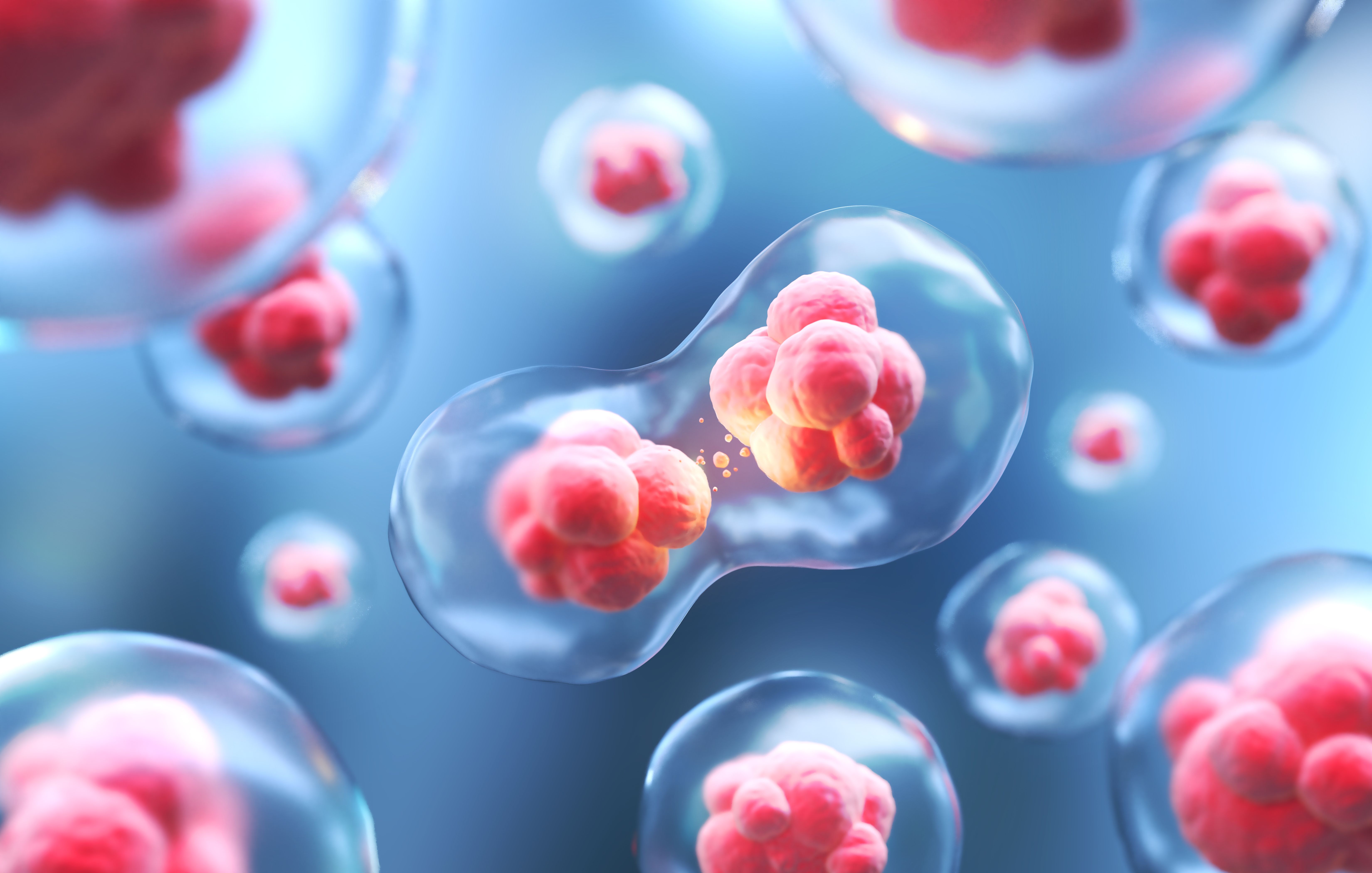- Center on Health Equity & Access
- Clinical
- Health Care Cost
- Health Care Delivery
- Insurance
- Policy
- Technology
- Value-Based Care
Reactivating CCNA2 Gene Enables Adult Heart Cells to Regenerate
Scientists restored the CCNA2 gene in adult human heart cells, enabling them to divide and form new functional cardiomyocytes—advancing heart repair therapies.
New functioning heart cells can now be created to help the heart repair itself from injury—like a heart attack or heart failure—as researchers have discovered a way to reintroduce the Cyclin A2 gene (CCNA2), which turns off after birth, into living human heart cells, according to a recent study published in NPJ Regenerative Medicine.1
Hina Chaudhry, MD, director of cardiovascular regenerative medicine at the Icahn School of Medicine at Mount Sinai, and her team’s breakthrough stemmed from Chaudhry’s previous work published in early 2014, inducing cardiac repair—using the same gene and delivery—in small-animal models. Now, using a replication-deficient adenoviral vector carrying the CCNA2 gene, researchers induced adult human cardiomyocytes to undergo complete cytokinesis, producing daughter cells that preserved normal structure and essential contractile functions.1 This development is a pivotal step toward healing the heart after damaging adverse events, thus preserving the life of the heart muscle and improving the lives of patients with heart failure or cardio-related diseases.2
“Heart disease is the leading cause of death worldwide, yet adult human heart muscle cells stop dividing after birth,” Chaudhry said in a press release. “Now we’ve advanced the field by demonstrating that even middle-aged adult human heart cells—long believed incapable of division—can be coaxed back into making new, functional cells.”
Inducing the CCNA2 gene was only one part of Chaundry and her team’s goal to regenerate heart cells. After a heart attack or an incidence of heart failure, the heart cannot replace the heart cells that were lost. Ultra-deep bulk RNA sequencing of adult and fetal human hearts was also analyzed to further assess the pathways reprogrammed by the induction of CCNA2.1
Reactivating the dormant CCNA2 gene allows adult human heart cells to divide again, offering a potential breakthrough in cardiac regeneration after injury. | Image Credit: @Anusorn-adobe.stock.jpeg

Chaundry and her team used cardiomyocyte cells from 3 healthy donors aged 21, 41, and 55 years. The CCNA2 therapy, when induced in the cardiomyocyte cells of the 41- and 55-year-olds, began to proliferate. No change was observed in the heart cells of the 21-year-old,2 thus aligning with prior research that points to the regenerative potential of hearts in younger patients that decreases with age.1
The reactivation of cardiomyocyte proliferation using CCNA2 does not make the cells immature or cause thickening of the heart tissue seen in other diseases.2 The CCNA2 gene therapy was designed as a replication-deficient adenovirus vector engineered for therapeutic purposes. The vector will only deliver CCNA2 directly to cardiac tissue since it is driven by the troponin T promoter.
“This is the culmination of nearly 2 decades of work,” Chaudhry said. “We pioneered the concept that the heart could be regenerated by reawakening dormant cell division genes, and now we’ve brought that vision one step closer to patients. Our goal is to deliver a therapy that allows the heart to heal itself after a heart attack or in heart failure—reducing the need for transplants or mechanical devices.”
The next step for Chaudry and her team is to seek FDA approval to begin clinical trials to treat patients with heart disease using the CCNA2 therapy.
“This shifts the paradigm from managing symptoms to actually repairing the human heart,” Chaundry said.
References
1. Bouhamida E, Vadakke-Madathil S, Mathiyalagan P, et al. Cyclin A2 induces cytokinesis in human adult cardiomyocytes and drives reprogramming in mice. NPJ Regen Med. 2025;10(1):47. doi:10.1038/s41536-025-00438-7
2. Mount Sinai Health System. A specific human gene can help the heart repair itself from heart attack or heart failure. News release. Mount Sinai. November 3, 2025. Accessed November 20, 2025. https://www.mountsinai.org/about/newsroom/2025/a-specific-human-gene-can-help-the-heart-repair-itself-from-heart-attack-or-heart-failure
Quality of Life: The Pending Outcome in Idiopathic Pulmonary Fibrosis
February 6th 2026Because evidence gaps in idiopathic pulmonary fibrosis research hinder demonstration of antifibrotic therapies’ impact on patient quality of life (QOL), integrating validated health-related QOL measures into trials is urgently needed.
Read More
